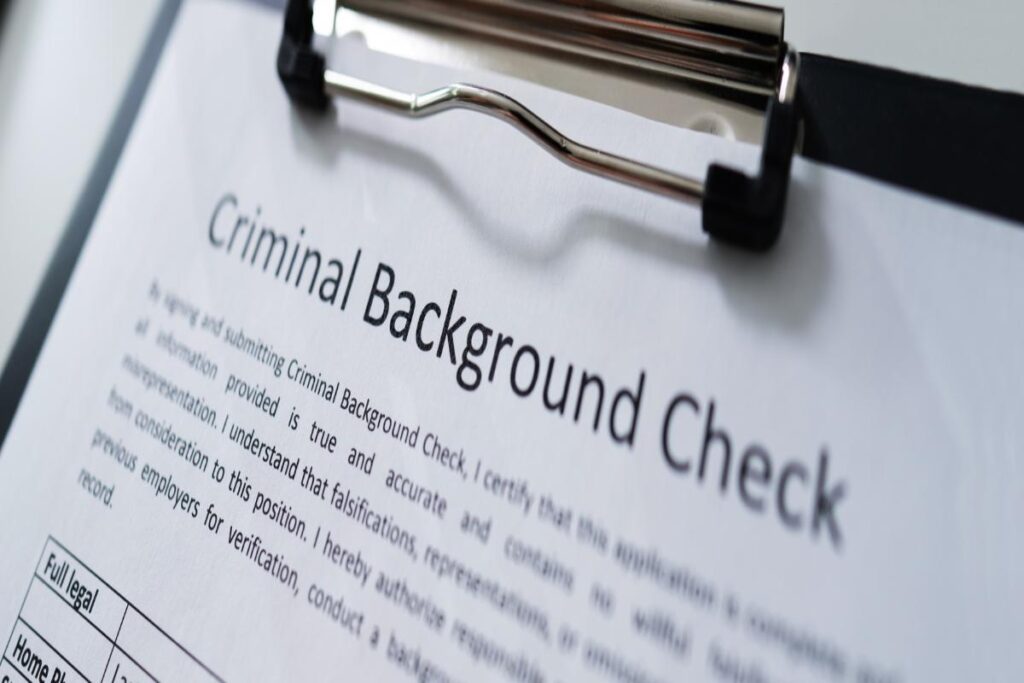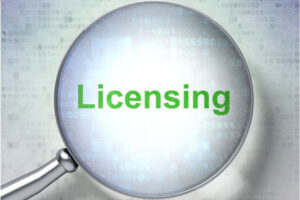The Texas Behavioral Health Executive Council (BHEC) is the state agency that currently licenses, oversees, and enforces the rules and laws that govern psychologists, among other behavioral health professionals. BHEC will review the criminal background of any individual who applies for a psychologist license.
An experienced psychologist license defense attorney at Bertolino LLP can represent your interests in any proceedings that you may face before BHEC, whether they involve initial licensure or a disciplinary complaint. We can review the issues that your case involves and work to develop strategies to resolve those issues most effectively.
Psychologist Licenses and Criminal Convictions
The Texas State Board of Examiners of Psychologists (the Board), which establishes license qualifications for psychologists, falls under the auspices of the BHEC. The Board approves and issues licenses for three types of psychologists: Licensed Psychologists (LPs), Licensed Psychological Associates (LPAs), and Licensed Specialists in School Psychology (LSSPs). BHEC also receives and processes all complaints and initiates disciplinary action against psychologists.
Before BHEC issues a psychologist license, it will conduct a criminal background check based on the individual’s fingerprints. Under 22 Tex. Admin. Code §882.40, BHEC may require a licensed psychologist to undergo another criminal background check at any time. If a licensee previously did not undergo a criminal background check based on fingerprints, BHEC will require them to do so before renewing their license.
Tex. Occ. Code §501.2525 outlines the licensure requirements for psychologists. Among other requirements, individuals must not have a felony conviction or a conviction for any criminal offense involving moral turpitude. A felony conviction or a conviction for a crime of moral turpitude is also grounds for BHEC to deny the renewal of a psychologist license or discipline a licensed psychologist.
22 Tex. Admin. Code §882.42 also lists specific criminal offenses or background information that allow BHEC to disqualify individuals for licensure or refuse to renew their existing licenses. BHEC may determine that individuals are ineligible for licensure if they have a felony or misdemeanor conviction, a plea of guilty or nolo contendre followed by deferred adjudication, if the offense:
- is listed in Article 42A.054 of the Code of Criminal Procedure;
- was a sexually violent offense, as defined by Article 62.001 of the Code of Criminal Procedure; or
- directly relates to the duties and responsibilities of a licensee.
BHEC determines whether a criminal offense directly relates to the duties and responsibilities of a licensee based on the following factors:
- the nature and seriousness of the crime;
- the relationship of the crime to the purposes for requiring a license to engage in the occupation;
- the extent to which a license might offer an opportunity to engage in further criminal activity of the same type as that in which the person previously had been involved;
- the relationship of the crime to the ability or capacity required to perform the duties and discharge the responsibilities of the licensed occupation; and
- any correlation between the elements of the crime and the duties and responsibilities of the licensed occupation.
Furthermore, if BHEC determines that a criminal offense directly relates to the duties and responsibilities of a licensee, it must then determine whether the offense merits the denial of a license to the individual. BHEC makes this determination based on the following considerations:
- the extent and nature of the person’s past criminal activity;
- the age of the person when the crime was committed;
- the amount of time that has elapsed since the person’s last criminal activity;
- the conduct and work activity of the person before and after the criminal activity;
- evidence of the person’s rehabilitation or rehabilitative effort while incarcerated or after release;
- evidence of the person’s compliance with any conditions of community supervision, parole, or mandatory supervision; and
- other evidence of the person’s fitness, including letters of recommendation.
BHEC also will deny licensure as a psychologist to an individual if they:
- are required to register as a sex offender under Chapter 62 of the Code of Criminal Procedure;
- have been previously convicted of or placed on deferred adjudication for the commission of a felony offense involving the use or threat of force; or
- have been previously convicted of or placed on deferred adjudication for the commission of an offense:
- under §§22.011, 22.02, 22.021 or 22.04 of the Penal Code, or an offense under the laws of another state or federal law that is equivalent to an offense under one of those sections;
- during the course of providing services as a health care professional; and
- in which the victim of the offense was a patient.
Criminal History Evaluations
Under 22 Tex. Admin. Code §882.41, individuals enrolled in an educational program designed to allow them to become licensed psychologists, or who plan to enroll in such a program, can request criminal history evaluations from BHEC. Any individual who has cause to believe that they might be ineligible for licensure due to their criminal background can obtain a criminal history evaluation before completing or commencing the necessary educational program.
Individual requesting a criminal history evaluation must submit an application, a fee, and certified copies of all court documents concerning convictions, deferred adjudications, or other dispositions of criminal charges to BHEC. After they submit the required materials, they must complete a criminal background check based on their fingerprints.
BHEC reviews all criminal history evaluation requests and may ask the individual to submit additional documentation concerning any relevant criminal history. BHEC also may investigate issues raised by the criminal history evaluation request.
Typically, BHEC will respond to the request for a criminal history evaluation within 90 days of receiving the request. However, BHEC may extend that response period if the individual does not respond to requests for additional information, or if further investigation is necessary.
A criminal history evaluation letter determines whether the individual is eligible for a psychologist license. However, if new evidence exists or arises that the individual withholds from BHEC or is not reasonably available to BHEC, then the eligibility for licensure as determined by BHEC may change.
Bertolino LLP: The Law Firm Ready to Defend Your Interests Before BHEC
Retaining an experienced psychologist license defense attorney to represent you before BHEC is always your best interest. We are here to protect our interests throughout every stage of your disciplinary proceedings. Contact the lawyers of Bertolino LLP today by calling (512) 980-3751 or visiting us online.
Call or text (512) 476-5757 or complete a Case Evaluation form






